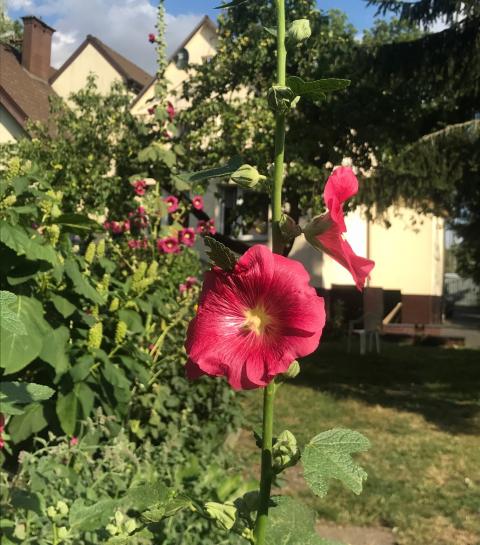European Economic
and Social Committee
Dilyana Slavova: "COVID-19 has taught me not to delay my life projects"
The impact of the pandemic made borders in Europe visible again, sometimes even within the same country. One might think that, as a result, the scope for transnational cooperation among regions and cities has decreased. But actually, quite the opposite has happened.
So what was it like to live through the lockdown in Bulgaria? Well, for a dynamic and energetic outdoors enthusiast like me, it was hard. There were many restrictions. We had to stay at home and could only go out during the opening hours of essential shops to buy food, medicines or household goods. Social distancing of >1.5 m was compulsory when walking inside and outside the shops. It was rather complicated: whenever you left the city of Sofia, you had to fill out a form stating the reason and the place where you were going. You were required to show it to the police upon request.
The positive news is that the population has become much more self-sufficient and residents are much more appreciative of local food, local providers and short food supply chains. Demand for food from farms and food purchased directly from growers has increased. Grassroots initiatives are promoting gardening and small-scale production of vegetables and herbs.
Market places remain open to the public. They represent a traditional place for the sale of food, seeds, vegetable seedlings, fruit and vegetables and flowers. Leaving them open – with strict safety measures to be respected – contributes to preserving a sense of normality and a familiar routine.
In the mountain areas local action groups have also been very active. To further support local producers of home-grown food during the epidemic, they have been collecting and sharing useful contacts on their websites.
Indeed, in compliance with various travel and contact restrictions, in my organisation we all had to cancel many of the physical meetings and events which usually make it easier to set up cooperative initiatives and disseminate the results. However, these restrictions did not stop our activities – far from it. We are continuing to work together efficiently to make mountain regions stronger and even more resilient. In some cases, we adapted our work plans and are now developing common solutions to help vulnerable EU regions and cities cope better with the current emergency.
We started a "Giving a hand" a platform to foster solidarity in rural areas. It promotes solidarity between people, connecting persons in need of assistance with volunteers who are willing to literally "give a hand". Its current activities are focused on helping vulnerable, disabled and elderly people with shopping or homecare (not personal care) and on arranging babysitting for parents who have to work and cannot not find another solution for their children.
Many other initiatives have flourished in rural and mountainous areas, giving an insight into the resilience and strong sense of mutual assistance that flourish in our communities. What I learnt during this time is that I should not delay my life projects! Being active saves us in difficult times.
